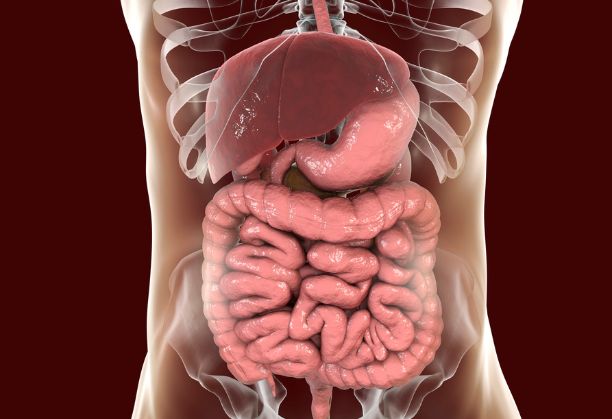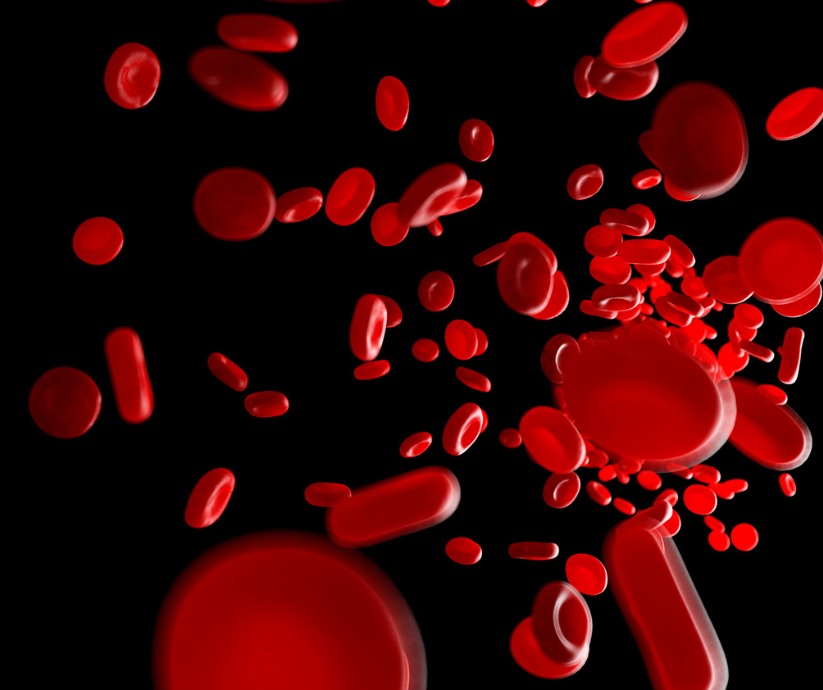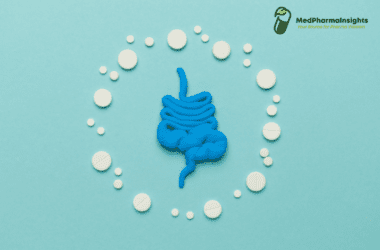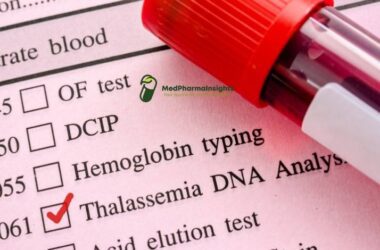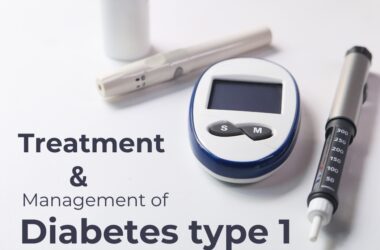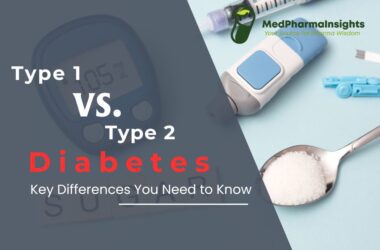Diabetes Type 1, often referred to as “Type 1 diabetes” or “T1D,” is a chronic autoimmune disorder that affects millions of people worldwide. In this comprehensive blog, we will explore the causes, symptoms, diagnosis, and management of Type 1 diabetes, shedding light on this condition that requires lifelong vigilance and care.
What Is Diabetes Type 1?
Diabetes Type 1 is one of the two main types of diabetes, the other being Type 2 diabetes. Unlike Type 2 diabetes, which is often associated with lifestyle and obesity, Type 1 diabetes is an autoimmune condition. It occurs when the body’s immune system mistakenly attacks and destroys the insulin-producing beta cells in the pancreas.
Etiology / Causes of Type 1 Diabetes
The exact cause of Type 1 diabetes is still under investigation, but several factors contribute to its development:
1. Genetic Predisposition: Individuals with a family history of Type 1 diabetes have a higher risk of developing the condition. Specific genes associated with the immune system are believed to play a role.
2. Autoimmune Response: In most cases, Type 1 diabetes is triggered by an autoimmune response. The immune system, instead of protecting the body, attacks and destroys the insulin-producing beta cells in the pancreas.
3. Environmental Triggers: Viral infections, such as certain enteroviruses, may act as environmental triggers, potentially initiating the autoimmune process in genetically susceptible individuals.
Symptoms of Type 1 Diabetes
Type 1 diabetes symptoms can develop suddenly and may include:


1. Excessive Thirst and Hunger: Increased glucose levels in the blood can lead to excessive thirst and hunger.
2. Frequent Urination: Excess glucose in the bloodstream is filtered by the kidneys and expelled through urine, causing increased urination.
3. Unexplained Weight Loss: Despite increased hunger, individuals with Type 1 diabetes often experience unexplained weight loss due to the loss of glucose in urine and the body’s inability to use it for energy.
4. Fatigue: The body’s inability to utilize glucose for energy results in fatigue and weakness.
5. Blurred Vision: High blood sugar levels can affect the shape of the eye’s lens, leading to blurred vision.
6. Mood Changes: Irritability and mood swings can occur due to fluctuating blood sugar levels.
Diagnosis of Type 1 Diabetes
Diagnosing Type 1 diabetes involves a combination of medical tests and clinical evaluation:
- Blood Tests: A fasting blood sugar test and an A1c test are commonly used to diagnose Type 1 diabetes. Elevated blood sugar levels and a high A1c level (indicating long-term elevated blood sugar) are indicative of the condition.
- Diabetes symptoms (i.e. polyuria, polydipsia and unexplained weight loss) plus:
a fasting serum glucose concentration ≥7.0 mmol/L or serum glucose concentration ≥11.1 mmol/L 2h after 75 g anhydrous glucose in an oral glucose tolerance test . With no symptoms, diagnosis should not be based on a single glucose determination but requires confirmatory serum venous determination. At least one additional glucose test result, on another day with the value in the diabetic range, is essential, either fasting or from the 2-h post-glucose load. If the fasting value is not diagnostic, the 2-h value should be used. - Glucose tolerance test: Any medication that affects how glucose is handled shouldn’t be taken by the patient. For the three days, a typical diet including at least 150 g of carbohydrates daily is recommended.although the patient should refrain from eating or drinking after 8:00 p.m.the day before the test, aside from water. The test ought to start at around nine in the morning with a venous serum glucose test,the oral dose of 75g of glucose following within 5 minutes. frequently administered in the form of 394mL original Lucozade®. The second vein’s blood sugar 2 hours following the drink, a sample is then obtained.The patient should be sitting and isn’t permitted to smoke, eat, or drink anything other than water until the test is completed. It is essential to advise the patient to eat something right away after the test is finished because there is a danger of later-onset hypoglycaemia in some people, especially if they are preparing to exercise.
- Diabetes symptoms (i.e. polyuria, polydipsia and unexplained weight loss) plus:
2. Urine Tests: Urinalysis may reveal the presence of glucose and ketones, a sign of inadequate insulin.
3. Autoantibody Tests: Blood tests to detect the presence of specific antibodies associated with Type 1 diabetes may be conducted to confirm the autoimmune nature of the disease.
Managing Type 1 Diabetes
Managing Type 1 diabetes is a lifelong commitment and includes:
1. Insulin Therapy: Since the body cannot produce insulin, individuals with Type 1 diabetes require regular insulin injections or use of an insulin pump.
2. Blood Sugar Monitoring: Frequent blood glucose monitoring helps individuals maintain target levels and adjust insulin doses as needed.
3. Healthy Eating: A balanced diet with appropriate carbohydrate counting helps regulate blood sugar levels.
4. Physical Activity: Regular exercise can improve insulin sensitivity and overall health.
5. Continuous Medical Care: Regular check-ups, eye exams, and kidney function tests are essential to monitor for complications.
6. Emotional Support: Diabetes management can be emotionally challenging. Support from healthcare providers, family, and support groups can be invaluable.
Conclusion
Diabetes Type 1 is a lifelong condition that requires constant management, but with proper care, individuals with T1D can lead healthy and fulfilling lives. Early diagnosis, effective treatment, and a supportive healthcare team are key to successful management. Diabetes research continues to explore new treatments and technologies, offering hope for improved outcomes and a brighter future for those living with Type 1 diabetes.


